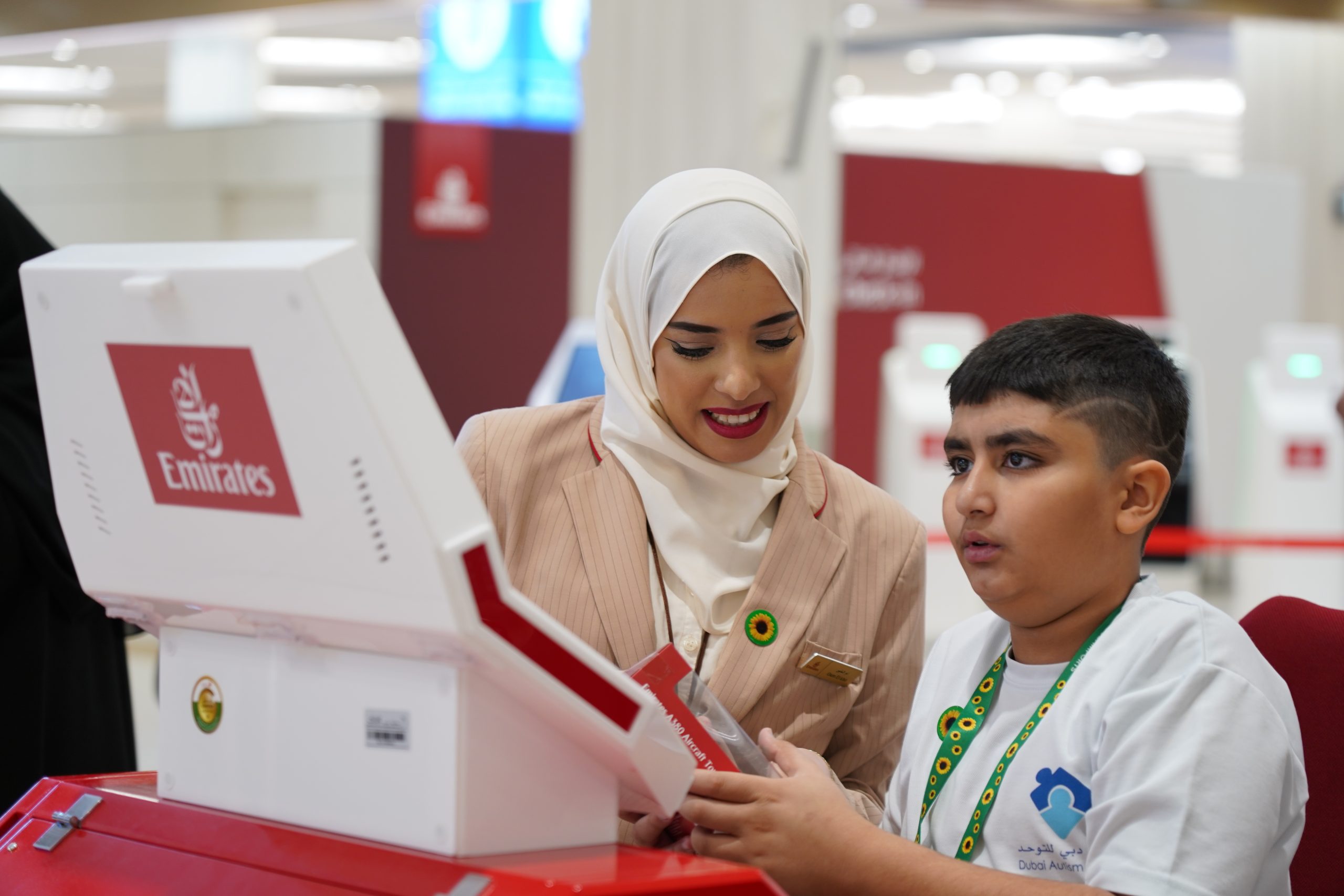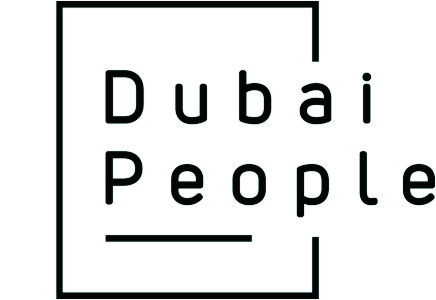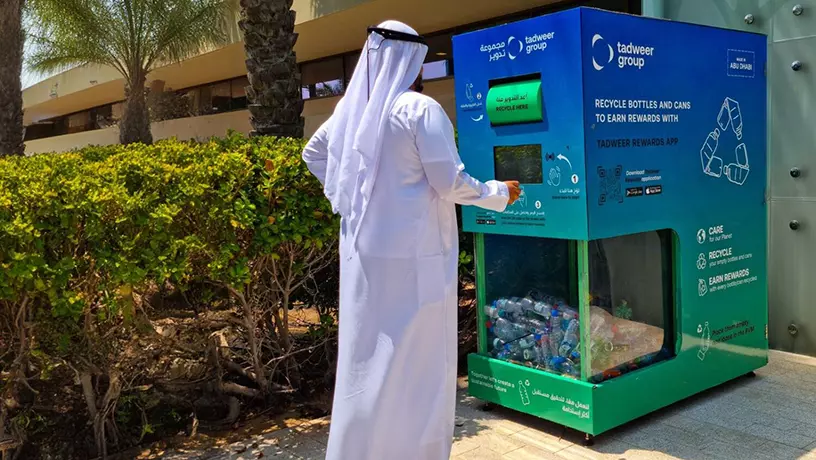
Emirates holds training on hidden disabilities
In a concerted effort to further improve its services to support travellers with hidden disabilities, including autism, Emirates provided specific training to over 24,000 cabin crew and ground staff worldwide, worked with Dubai Airport to develop a useful autism-specific travel planner and itinerary to make pre-boarding smoother, and introduced additional thoughtful measures to ensure passenger comfort on board.
More than 24,000 flight attendants and ground staff worldwide have been trained through Emirates’ Introduction to Autism and Hidden Disorders programme. This online course was first launched in 2022 and covers a range of topics: UAE national disability policy, autism recognition, practical tips to help passengers with hidden disabilities, responding with empathy and information on official airport passenger support systems.
Autism spectrum disorder, categorised as a hidden disability, is a neurological and developmental disorder that affects how people interact with others, communicate, learn and behave. This disorder is known as a spectrum disorder because there is wide variation in the types and severity of symptoms people experience and a range of sensory needs can arise. For some travellers, the airport and plane can seem too noisy, too bright, too unfamiliar or too busy – these are some of the areas where Emirates aims to facilitate a planned and positive journey for customers with autism.
Emirates supports passengers with hidden disabilities by providing as much information as possible in advance so that families can plan, rehearse and have peace of mind about the journey ahead. Passengers can find information on the Accessible Travel page on Emirates.com and can also contact their local Emirates office with questions.
Passengers who declare a latent disability will be given maximum assistance in selecting suitable seats, such as front and centre bulkhead seats for both the passenger with autism and his/her companion, free of charge. This can be requested through your local Emirates office.
.@emirates rolled out specialised training to more than 24k global cabin crew & ground staff, collaborated with @DXB on a useful travel planner & autism friendly route to make the pre-boarding experience more seamless & to ensure passenger comfort onboardhttps://t.co/K9UsYvBLoH pic.twitter.com/nNEUQopcCt
— Dubai Media Office (@DXBMediaOffice) March 30, 2023
Book your ticket with the DPNA code for additional support. DPNA is an airline industry code for Special Service Request (SSR) for “passenger with intellectual or developmental disabilities”. The DPNA code can be applied to bookings made in person, by telephone or through a travel agent and is applied after a latent disability has been declared, so that the passenger will be supported throughout the journey with the assistance of trained staff.
Some passengers may require a special meal on board if they have sensory sensitivities. Such meals can be booked at least 24 hours in advance on www.Emirates.com or via the Emirates App.
The route for people with autism at Dubai International Airport (DXB) offers people with disabilities (POD) the opportunity to move around the airport via a special route. It includes access to priority check-in, passport control, security and boarding lanes and can be accessed by wearing a sunflower lanyard. Specially trained staff supporting POD passengers will be easily identifiable by their sunflower badges, providing increased visibility, communication and support throughout their journey through the airport.
People who have declared a hidden disability to Emirates staff will be assisted to board the plane first of their choice or last, if that is more convenient.
Emirates makes every effort to seat families with children together and passengers who have declared a hidden disability will be seated next to their attendant or carer.
Hearing-impaired passengers in first and business class will be able to use noise-cancelling headphones to block out ambient sounds in the cabin. If they wish, travellers can bring their own Bluetooth-enabled headphones.
Emirates continues to work with multiple stakeholders including Dubai Airports, the General Authority for Residents and Aliens, Dubai Customs, Dubai Police, Dubai Autism Centre and Dubai Economy and Tourism to improve the travel experience for passengers with hidden disabilities and aims to help create a world where people with neurodivergence feel accepted, represented, included, empowered and heard. World Autism Awareness Day takes place every year on 2 April.
Follow our Telegram Chanel








